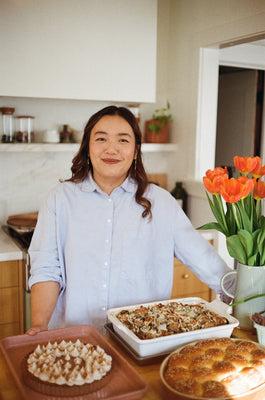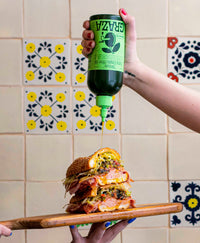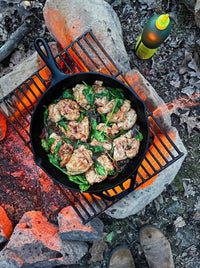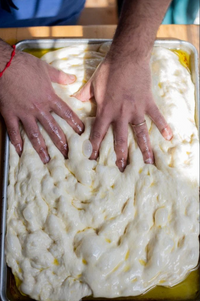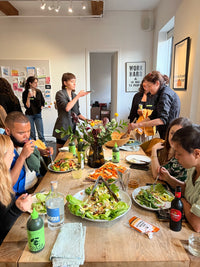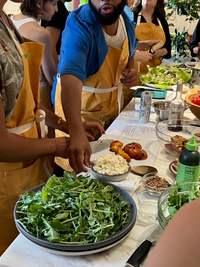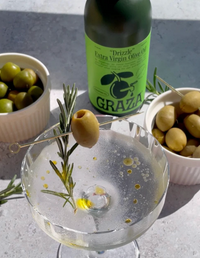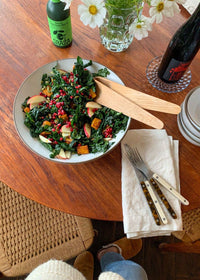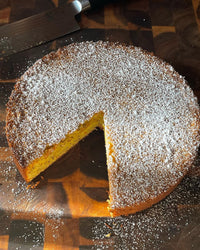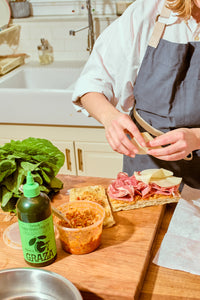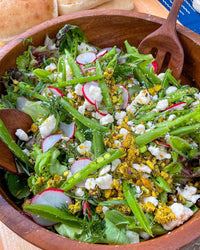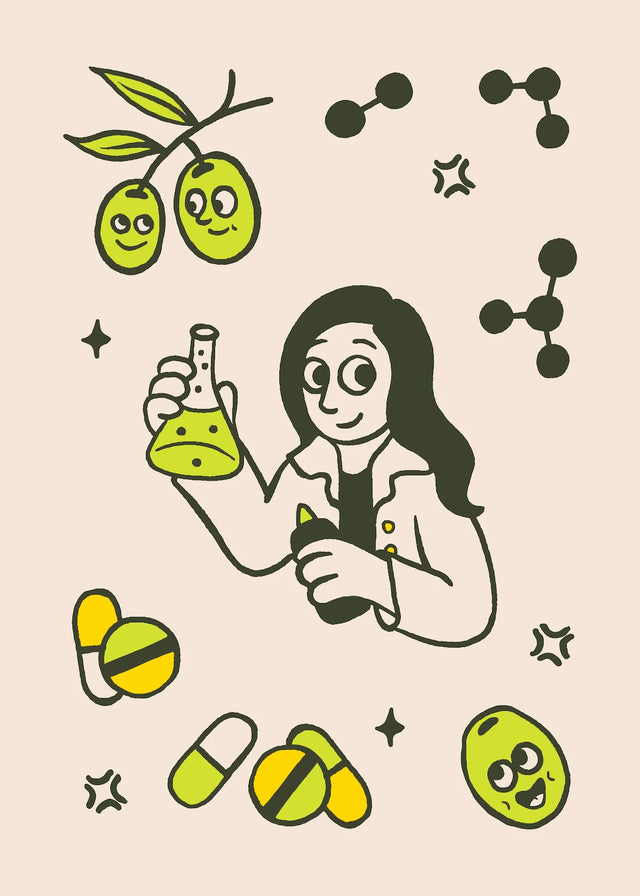
Ask Science: Dermatologist Jenny Liu on Olive Oil & Skin Health
Q: How do you describe yourself?
J: I am a board certified dermatologist, a mom to two young kids, and married to an ENT Surgeon. Aside from my job, I love skin and hair care. I love educating as my other job is an assistant professor—training derm residents and medical students. I was born in China and in the United States I also have a passion for cooking, exercising, and watching Asian dramas.
Q: Finish this sentence: Cooking for me is…
J: Heartwarming. I love cooking for my kids and my husband and watching them enjoy my food.
Q: What led you to dermatology specifically?
J: I love the visual aspect of dermatology. Being able to see conditions and also see improvement as I treat. It’s almost like a puzzle—I have to do detective work.
Q: We all know that it's what's on the inside that really counts—but just how much truth is there to the idea that healthy skin starts with what you eat?
J: I certainly think there is truth to the idea that our skin requires nutrition to stay healthy. Excessive sugar and consumption of inflammatory foods have been shown to be associated with conditions like acne, rosacea, psoriasis, eczema. But you cannot rely on diet alone for healthy skin. You can eat all the good foods in the world but if you tan excessively without sunscreen you’re going to be getting skin cancer and sun damage.
Q: Olive oil is rich in fatty acids like Omega-3, squalene, polyphenols, and vitamins A, D, E and K. What does this actually mean for your skin? Is it worth drinking up Drizzle?
J: Yes, I think that can be very helpful! Not only just for skin, but it also builds a good foundation for hair health. Our body is consistently facing free radicals from inside and out. These free radicals damage our DNA, protein, lipids in cells, and in part affect how we age. Eating a diet rich in antioxidants helps to support our body and skin's natural ability to do this job.
Q. What role do antioxidants play in how our skin ages? Can EVOO help combat the oxidative stress that accelerates aging?
J: Yes! Consuming antioxidants helps reduce oxidative stress that is generated by environmental damage like pollution and UV radiation we're exposed to everyday, not just for skin, but for other organ systems and overall health. And when applied topically, you can unlock even greater antioxidant power, which means that applying olive oil topically as a skin moisturizer can maximize potential skin benefits, reducing signs of aging.
Q. What about as a regular moisturizer? Can everyone use it everywhere, or what is the best time and place?
J: Yes, skin needs moisturizer. Best time to apply moisturizer is when skin is damp, so usually that means after cleansing for most people. And yes, it should be used everywhere!
Q. What's one food-related skincare tip (besides drinking water) that you wish more people made a habit? What's one tip or trend you wish people would stop doing?
J: I think this is more of a trend, but—while there is some data which shows that oral collagen supplements may be helpful to at the very least hydrate skin and improve the appearance of fine lines—Biotin is not really beneficial and may affect lab results so I wouldn't recommend that as a supplement for hair or skin health anymore.
Q. What's on the horizon for you!
J: Looking forward to growing my social media platform on Little Red Book, continuing partnerships with brands I love, and a little small passion project materializing in 2024, which I look forward to sharing when it’s ready!




